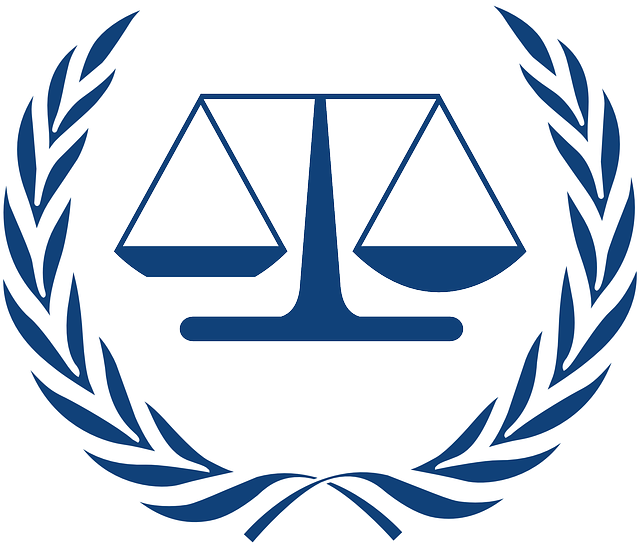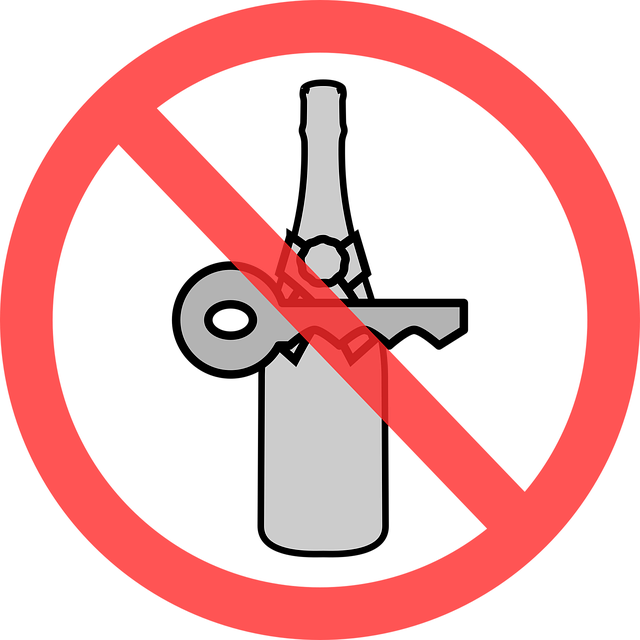Youth Justice and Fair Treatment globally aim to ensure equitable legal treatment for young people, including foreign nationals, with a growing focus on rehabilitative measures over harsh penalties, especially in drug/alcohol cases. Challenges like language barriers, cultural misunderstandings, and limited access to legal representation highlight the need for context-specific solutions in Foreign National Employee DUI Defense. Specialized legal professionals interpret immigration laws, facilitate communication, and address unique legal circumstances, ensuring fair treatment. Cultural sensitivity training, multilingual resources, and diverse legal professionals are crucial to bridging gaps and fostering trust within the criminal justice system, especially when handling such cases.
“Youth Justice and Fair Treatment: Unveiling Global Perspectives and Local Challenges explores the intricate issues within the criminal justice system, particularly focusing on foreign national employee DUI defense. This comprehensive article delves into understanding youth justice globally while examining specific complexities in cross-border legal cases.
We’ll navigate the labyrinthine legalities surrounding Foreign National Employee DUI Defense, highlighting strategies for equitable justice and cultural sensitivity. By exploring these topics, we aim to revolutionize youth justice treatment, ensuring fairness and effective solutions.”
- Understanding Youth Justice and Fair Treatment: A Global Perspective
- Foreign National Employee DUI Defense: Navigating Legal Complexities
- Challenges and Strategies for Equitable Justice
- Fostering Cultural Sensitivity in the Criminal Justice System
Understanding Youth Justice and Fair Treatment: A Global Perspective

Youth Justice and Fair Treatment are concepts that vary across cultures, but share a common goal: to ensure that young people, regardless of their background or nationality, are treated justly within the legal system. In many countries, foreign national employee DUI defense has become a significant aspect of this discussion, highlighting the need for cultural sensitivity and understanding when dealing with youth accused of crimes. Globally, there is a growing recognition that youthful mistakes should be addressed with rehabilitative measures rather than harsh punishments, especially in cases involving alcohol or drug offenses.
This perspective emphasizes the importance of context-specific solutions that consider the socio-economic factors at play. For instance, many young people from foreign national backgrounds may face additional challenges such as language barriers, cultural misunderstandings, and limited access to legal representation. Addressing these disparities requires a nuanced approach that promotes fair treatment, ensuring that justice is not only served but also understood and accepted by all involved parties, fostering a more harmonious global community.
Foreign National Employee DUI Defense: Navigating Legal Complexities

When a foreign national employee is involved in a DUI incident, navigating the legal complexities becomes an intricate task. The unique status of foreign nationals requires a keen understanding of both domestic and international laws, adding layers to the defense strategy. Legal experts specializing in Foreign National Employee DUI Defense are crucial in ensuring fair treatment throughout the process.
These professionals must be adept at interpreting immigration laws, visa regulations, and bilateral treaties that may impact the case. They also facilitate communication between local authorities, legal systems, and home countries, addressing potential issues related to consular access and jurisdiction. This specialized defense approach guarantees that foreign national employees receive equitable justice while considering their distinct legal circumstances.
Challenges and Strategies for Equitable Justice

Youth justice systems face significant challenges in ensuring fair treatment, especially when dealing with cases involving Foreign National Employee DUI Defense. Cultural and linguistic barriers often create misunderstandings and hinder effective communication, leading to potential disparities in how these cases are handled. For instance, a foreign national might not fully comprehend their legal rights or the implications of their actions due to language differences. This complexity demands specialized approaches to navigate these issues effectively.
To address these challenges, strategies such as providing multilingual resources and cultural sensitivity training for justice system actors can significantly enhance equity. Interpreters and cultural mediators play a vital role in bridging communication gaps, ensuring that every individual receives clear information and understands their rights. Additionally, promoting diversity within the legal profession helps foster an environment where different perspectives are valued, leading to more inclusive decision-making processes.
Fostering Cultural Sensitivity in the Criminal Justice System

In today’s diverse society, fostering cultural sensitivity within the criminal justice system is paramount to ensuring fair treatment for all individuals, especially when dealing with Foreign National Employee DUI Defense cases. Cultural sensitivity involves recognizing and appreciating the unique backgrounds, traditions, and communication styles of those from different ethnic and national origins. This understanding can significantly impact how legal processes are interpreted and implemented, bridging potential gaps between communities and law enforcement.
When addressing Foreign National Employee DUI Defense, cultural sensitivity requires a nuanced approach. For instance, interpreting services should be provided for non-native speakers to ensure they fully comprehend their rights and the charges against them. Additionally, law enforcement officers should receive training on cultural competency, enabling them to interact respectfully with individuals from diverse backgrounds during traffic stops or other legal interactions. This inclusive practice not only upholds the principles of justice but also fosters trust between communities and the criminal justice system.
In exploring youth justice and fair treatment from a global perspective, it’s evident that significant challenges persist, particularly for foreign national employee DUI defense. Navigating legal complexities requires a nuanced understanding of both cultural sensitivities and equitable justice principles. By fostering cultural awareness within the criminal justice system, we can ensure more just outcomes for all individuals, regardless of background or nationality. This holistic approach is vital to creating a more inclusive and fair society.






